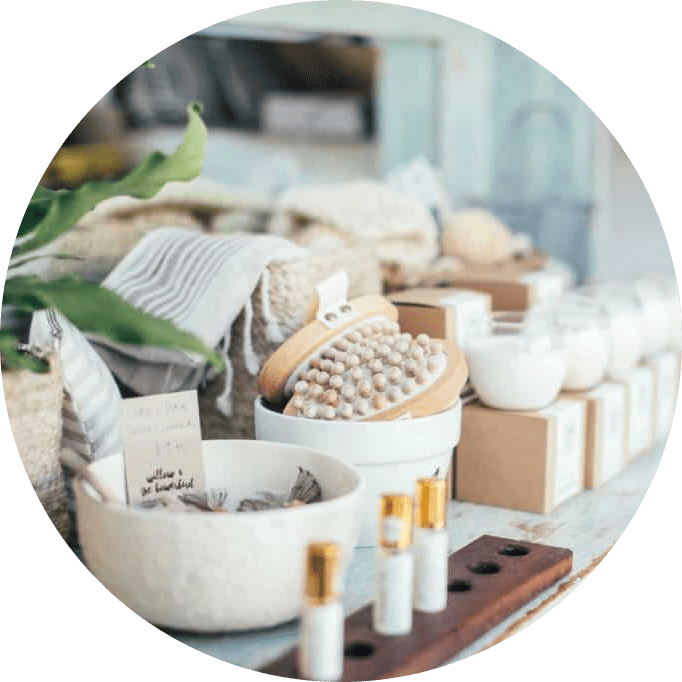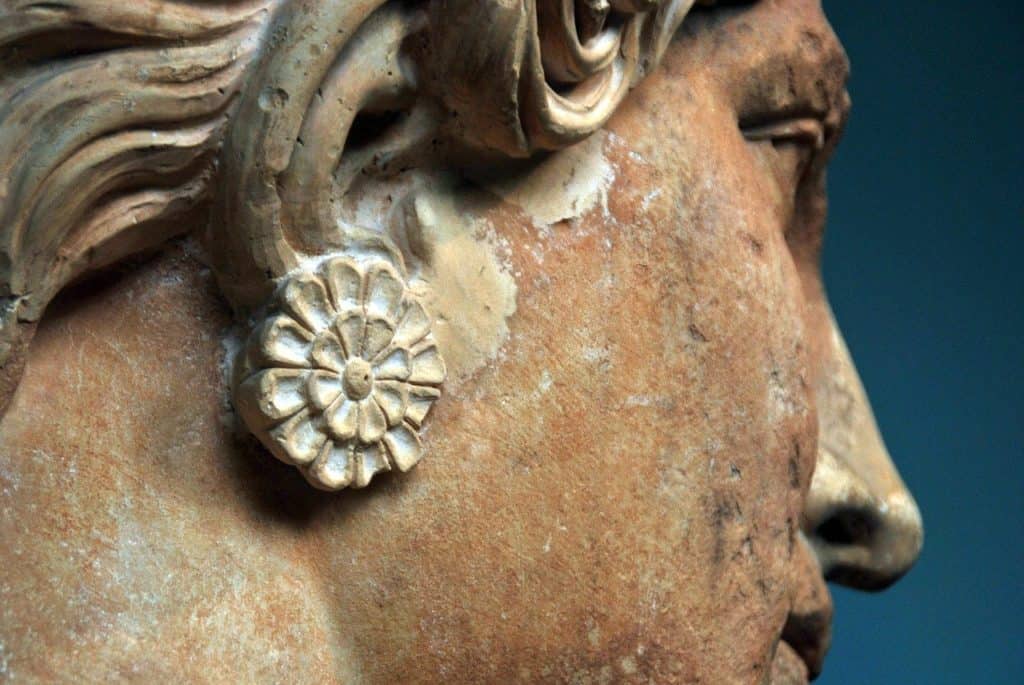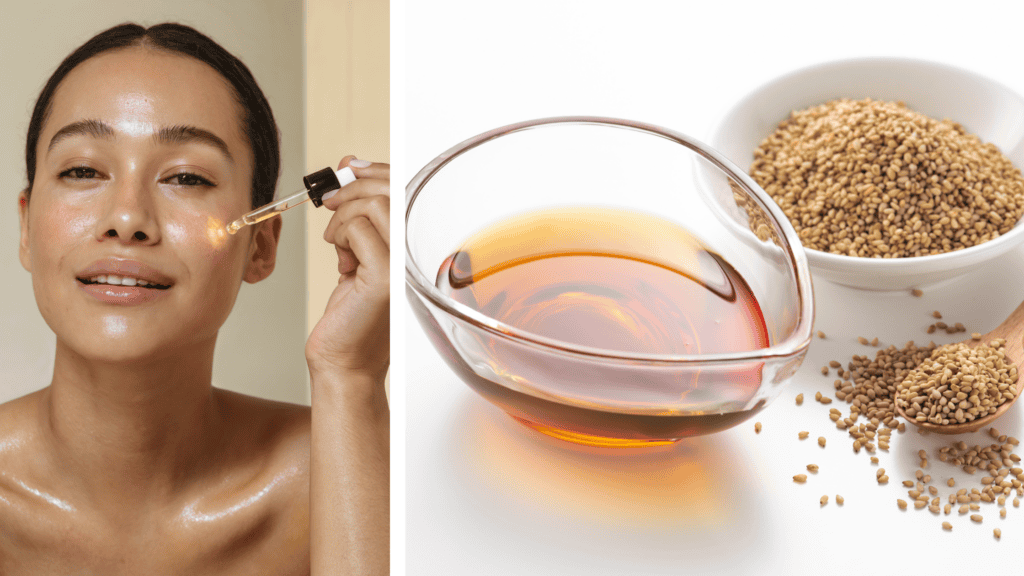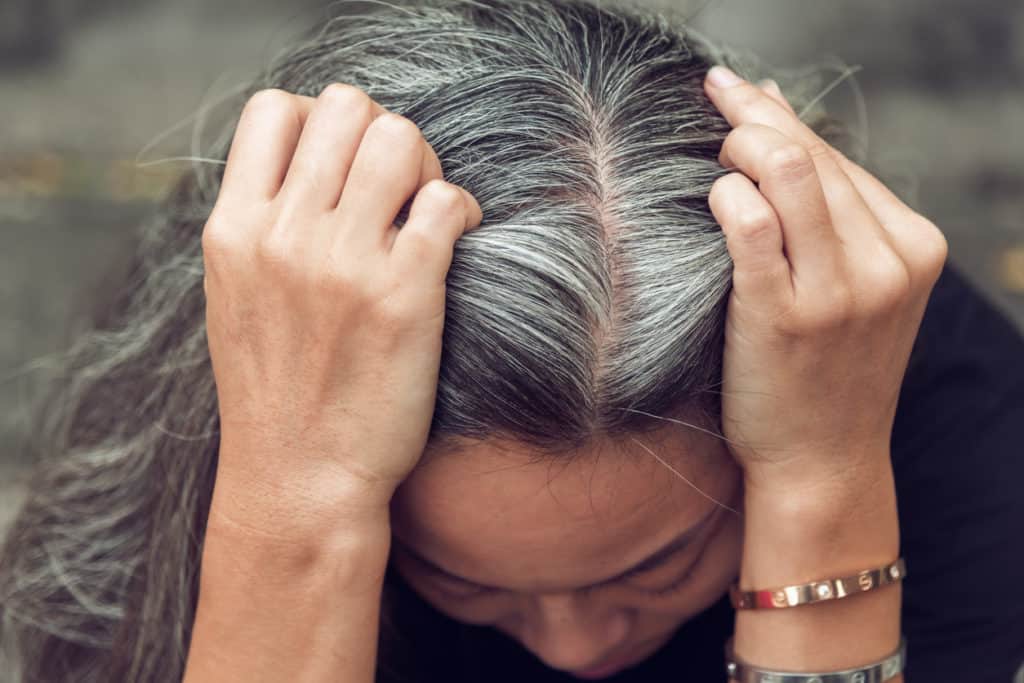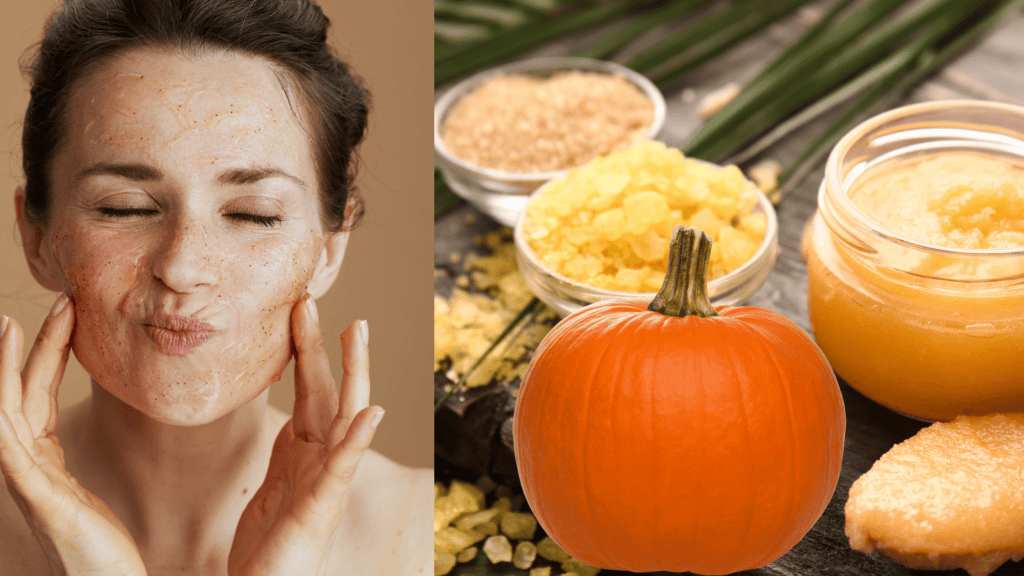As a modern society, we are obsessed with beauty and health and have impossible beauty standards to try and live up to, but this has been and still is a common trait in nearly all societies throughout history.
Ancient Greek society revered beauty and fitness and took significant measures to uphold the day’s standards. The Greek godlike statues that we still admire today were actual people, many of whom would spend up to six hours a day in the gymnasiums.
The word cosmetics comes from the Greek word Kosmetikos. Health and beauty were very much intertwined in ancient Greek society using natural ingredients from the world around them. Today, we can inspire their methods using readily available natural ingredients.
The look of women and how they sought to portray themselves depended on their place in society.
The lower classes sought to beautify themselves with the more apparent cosmetics of the day, think dark kohl eyeliner, which we still buy today.

The upper classes favored a more natural and simple look of purity and health.
Pale Faced Beauty In Ancient Greece.
How The Ancient Greeks achieved a Pale complexion.
Most people associated Greek beauty with glowing tanned skin aligned with beauty standards today. Still, ancient Greek beauty, especially for the upper classes, was of clarity and paleness, a signal of wealth and leisure, far from the intense outside heat.
To keep your complexion pale, as the ancient Greeks did, wear a natural sunscreen daily, especially on the face, to protect it from harmful UV rays, and maintain a youthful, wrinkle-free complexion.
Make sure to buy chemical-free non-toxic sunscreens that are safe for you and reef-safe to the environment. We love these;
Cotz Flawless Protection Tinted SPF 32

Kinship Self Reflect Sheer SPF 50

Clay was a vital skincare ingredient for Ancient Greeks, who understood its many benefits. Clays are still an essential substance in today’s natural beauty market, and we can easily buy a variety of them for a clear, clean, bright complexion.
What clays are best for the complexion? Read this post on Six Cosmetic Clays By Skin Type to find one that is right for you.

Dioscorides, the renowned Greek physician, pharmacologist, and botanist, wrote a five-volume encyclopedia of herbal medicines and related substances- De Materia Medica, a fascinating volume you can now buy.

He recorded a recipe involving white soda, lead oxide, and salt prescribed for eye medication, unseemly scars, and faces full of wrinkles and blemishes.
Carbon dating of historical white pigment and other colored cosmetics from the Louvre Paris has been able to date and analyze these cosmetic formulas.
The Beauty Benefits Of Greek Olive Oil For Skin And Hair.
The Olive Tree was of enormous significance in the ancient Greek world. Cultivated for thousands of years, it was a significant part of life and the economy and was a staple in every household for cooking, medicinal and cosmetic use.
Olive oil is highly nutritious; it has ant-oxidant, anti-bacterial, and anti-inflammatory benefits and effectively moisturizes dry skin and hair. Olive oil revitalizes dry skin, encourages hair growth, and keeps skin and hair moisturized and protected.
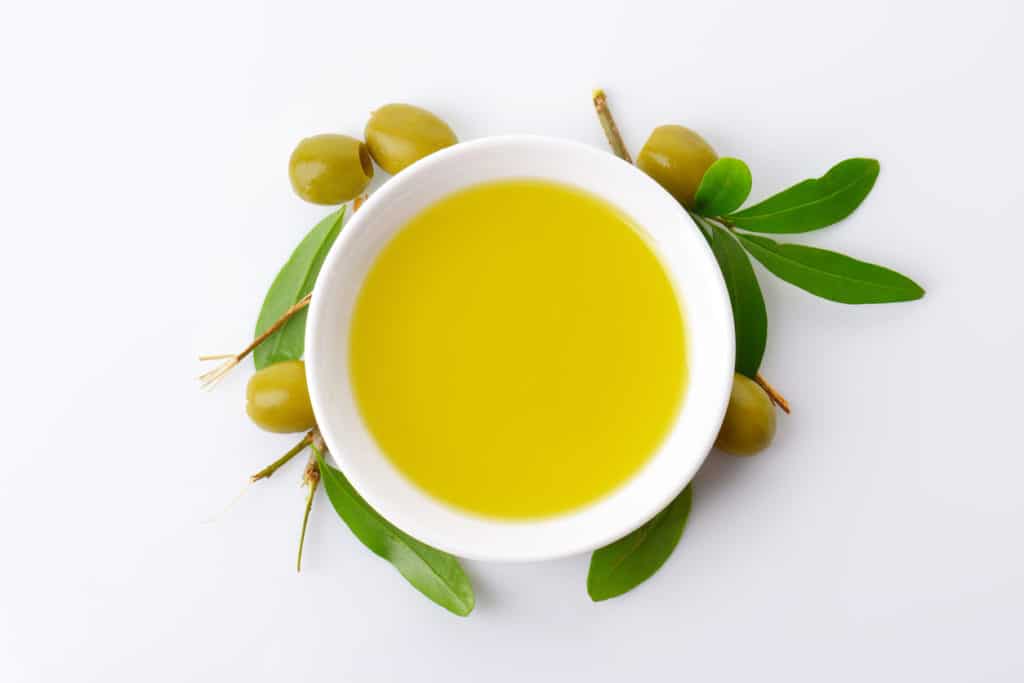
Greek Olive oil is still said to be amongst the best for its purity and taste. There are numerous ways to use Olive Oil cosmetically today, just as the ancient Greeks did.
Buy Greek Olive oil for hair and face masks, mix it into bath oils, rub it into the skin or scalp, or add to whatever DIY recipe you like. Make sure to buy the finest quality organic, extra virgin oil, as this will give you the best benefits.

Sea Salt Cosmetic Use In Ancient Greece.
Like the Romans and Egyptians, the Ancient Greeks used the unique minerals in Sea salt for their beauty rituals. There are many benefits from bathing in and using Seawater, from exfoliation to cleansing and rejuvenating the skin and hair.
From the Greek word Thalassa, [sea], Thalassotherapy was the therapeutic use of sea-related things from the mud, clays to the saltwater, and even algae and seaweed, which provided natural nutrients and minerals to the body.
Today sea salts, muds, and clays are still common treatments for various skin and hair conditions.
By natural products with a high concentration of minerals, some of the most nutrient-dense products come from the Dead sea, and you can reap the benefits of these natural ingredients.
We love Dead Sea warehouse Amazing Mineral Salts,



The Beauty Benefits Of Yogurt In Ancient Greece.
Greek yogurt as we know it didn’t originate per se in ancient Greece. Yogurt was consumed, by people, all across the ancient world, primarily for consumption, and was produced in various ways to achieve a thick, fermented substance from milk.
Yogurt is a cooling, moisturizing ingredient utilized for its skin-soothing, moisturizing benefits, and conditioning agent for the skin and scalp.
Greek yogurt is a simple way to enhance your beauty routine. Ancient Ayurvedic texts mention yogurt for use medicinally and for cosmetic reasons, as does the renowned Greek physician Galen in the second century.
Galen is also responsible for the recipe of one of the first recorded cold creams for the skin. See the recipe post here.
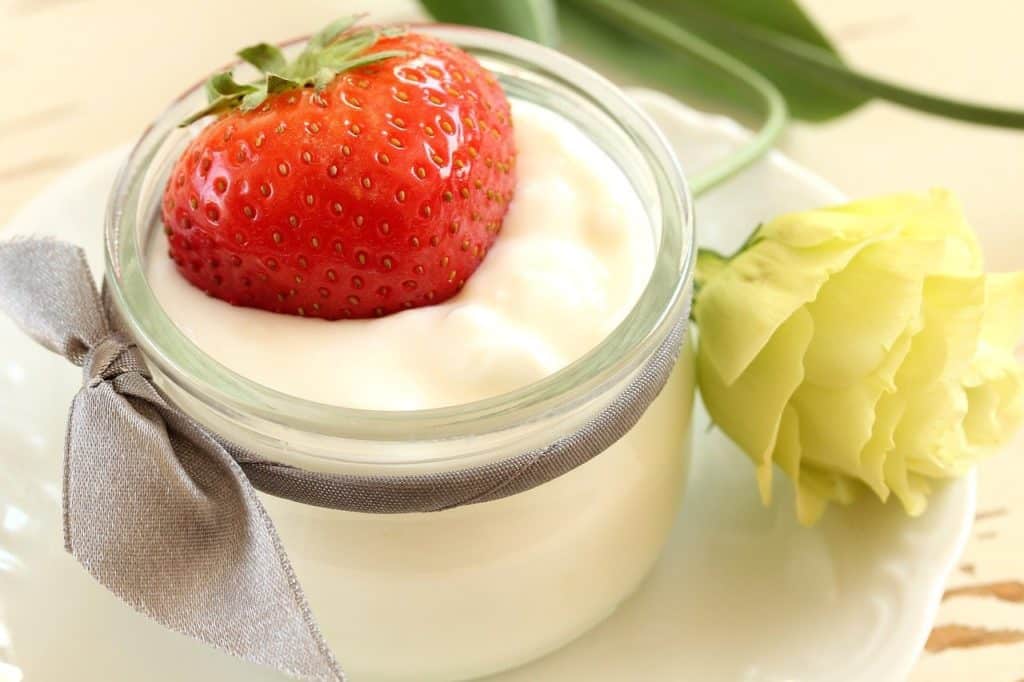
Yogurt has natural Alpha Hydroxy Acids, AHA, from lactic acid, which rejuvenates and restores the skin. It has a probiotic benefit and provides moisture and nourishment to hair and skin.
Yogurt is rich in minerals A, B, and E; it contains potassium, calcium, zinc, and magnesium, which are beneficial for anti-aging and acne-prone, dry skin.
Look to buy quality, full-fat, organic yogurt, to add to face and hair masks for soothing, healing, and natural benefits.
If you don’t want to use yogurt on your body, look for clean beauty products using this ingredient, we love products like;
Natural Honeysuckle body yogurt by Simply Pure Fx,

Manuka Honey and Yogurt Glow Moisturizer. By SheaMoisture.

Ancient Greek Cosmetic Use Of Honey.
Honey has a rich history throughout Ancient Greece. Bee-keeping and honey were a significant and integral part of this life. Honey was used, by the ancient Greeks, to make the intoxicating drink Mead and as an ingredient in medical treatments.
Honey was considered a life-enhancing substance with various everyday cooking, cosmetics, and medicines.
Hippocrates wrote of honey, ‘honey and pollen cause warmth, clean sores, and ulcers soften hard ulcers of lips, heal carbuncles, and running sores.’
Honey has anti-septic benefits and is anti-microbial and anti-inflammatory. It was made into balms, anointments, and salves to protect and heal the skin, clear pimples, and soften dry skin.
Bathing in milk and honey baths was popular among the upper classes, and alongside oils and herbs, it was a primary cosmetic ingredient.
Today, Greece still produces some of the best raw honey with unique properties specific to the region of its harvest. The dry arid climate and altitude and the herbs and flowers in this region produce world-renowned honey that you can buy to eat or add to any natural beauty routine.
Honey is so incredible for the skin that it shows up everywhere. Some of our favorites are;
Honey Halo face Moisturizer by Farmacy,

Buy the gorgeous Honey Girl Organics, based in Hawaii.

The ancient Greeks worshipped beauty and aesthetics and strove for an idealized image. The ingredients they used were natural, and they have effective botanical properties. Simple is often best, there is everything we need in nature, and these ingredients are still just as effective today.
This post contains affiliate links. If you purchase through these links, we may receive a small commission; this doesn’t affect your sale.
